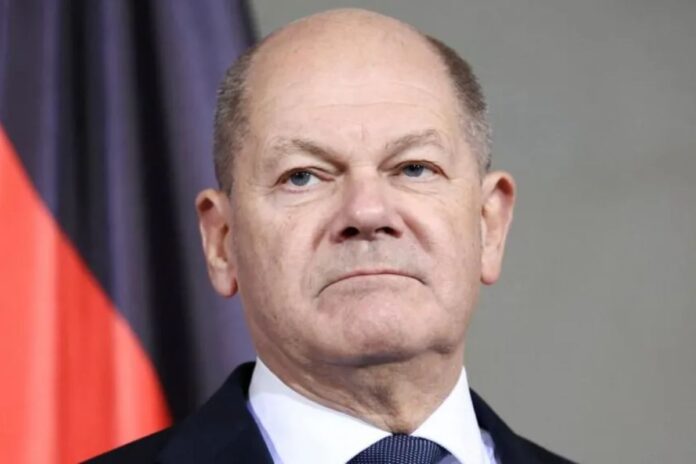German Chancellor Olaf Scholz lost a pivotal vote of confidence in parliament on Monday, triggering early elections scheduled for 23 February. The vote marks a significant political gamble for Scholz, who had anticipated defeat but viewed the move as a strategic opportunity to potentially revive his Social Democratic Party’s (SDP) flagging fortunes.
The no-confidence vote follows the collapse of Olaf Scholz’s three-party coalition government in November, which left him leading a fragile minority administration. Addressing parliament before the vote, Scholz stated, “It is now up to voters to determine the political course of our country,” signalling the start of what is expected to be an intense and combative election campaign.
A Calculated Defeat
Losing the vote was a calculated move by Scholz. Since the disintegration of his coalition, he has relied on opposition support from the conservative Christian Democratic Union (CDU) to pass legislation, reducing his administration to a lame-duck government. The prospect of enduring this weakened state until the next scheduled election in September 2025, amid Germany’s economic stagnation and mounting global challenges, was seen as untenable.
Scholz’s SDP trails far behind the CDU in public opinion polls. The CDU, led by Friedrich Merz, appears poised to return to power. In Monday’s parliamentary debate, Scholz positioned the snap election as a chance to set a “new course” for Germany, advocating “massive” investments in defense and infrastructure. Merz, in contrast, criticized additional debt and promised tax cuts, appealing to conservative voters.
A “Kamikaze” Political Move
German tabloid Bild described Scholz’s decision to stage a vote he was certain to lose as a “kamikaze” maneuver. However, this tactic is a standard constitutional mechanism in Germany, designed to dissolve parliament and call for early elections when political stalemates arise. The process, rooted in the lessons of Germany’s post-war era, has been invoked five times in modern German history, including twice by former Chancellor Gerhard Schröder.
While the confidence vote itself is not a political crisis, it highlights a deeper issue within German politics. Germany’s fragmented party system, coupled with the rise of radical political forces, has complicated governance. The far-right Alternative for Germany (AfD), which entered the Bundestag in 2017 with 12.6% of the vote, has seen its support surge to nearly 20% in recent polls.
The Collapse of the Coalition
The immediate catalyst for the coalition’s collapse was a disagreement over fiscal policy. Olaf Scholz’s SDP and the Greens sought to loosen Germany’s stringent debt rules to fund key infrastructure projects and support for Ukraine. However, Christian Lindner, the finance minister and leader of the liberal Free Democratic Party (FDP), resisted these measures, prioritizing debt reduction. The impasse led to Lindner’s dismissal and the coalition’s disintegration.
This breakdown brought a sense of relief to Berlin’s political corridors, as the coalition had been plagued by infighting. Yet, the fragmentation of Germany’s political landscape remains a significant concern. With more parties in parliament than ever before, forming stable coalitions has become increasingly challenging.
What Lies Ahead?
The upcoming election presents a critical juncture for Germany. As voters prepare to head to the polls in February, the contest between Olaf Scholz’s vision of increased investment and Merz’s promise of fiscal conservatism will shape the country’s future. Meanwhile, the rise of the AfD underscores the shifting dynamics in German politics, adding further uncertainty to the nation’s political trajectory.
As Olaf Scholz bets on this high-stakes maneuver to reset Germany’s course, the snap election could prove to be a turning point not only for his party but for the country’s governance in an era of increasing political volatility.

